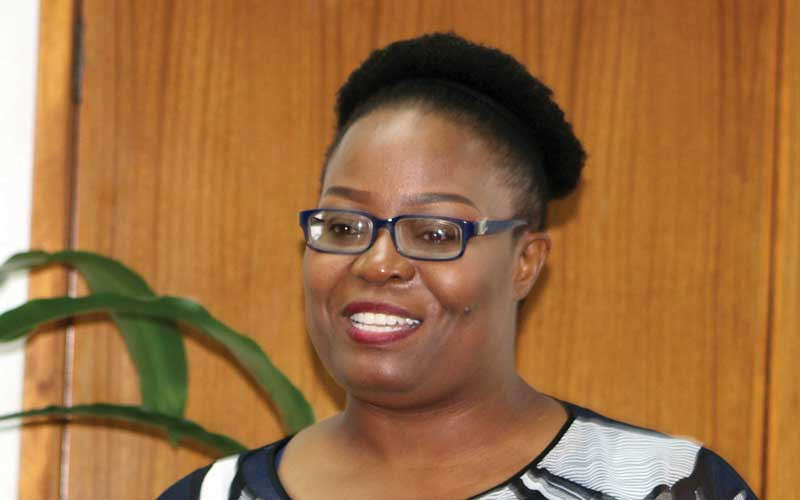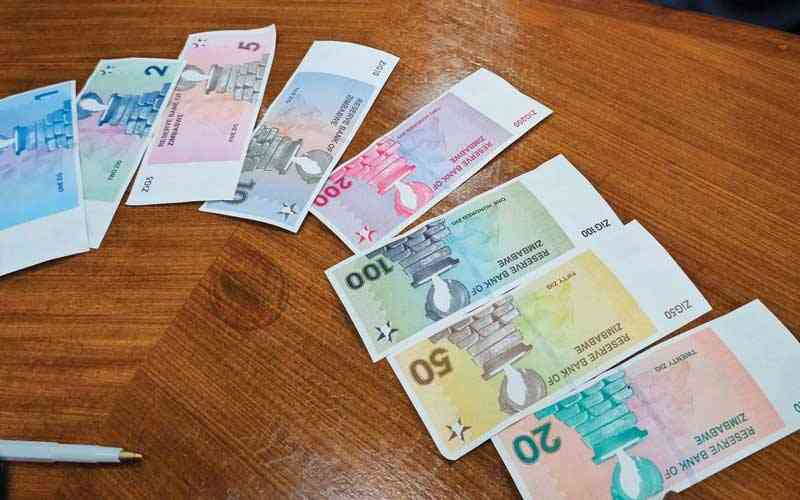
IT was supposed to be another season of celebration and partying. But in the end, it became one of Zimbabwe’s bloodiest Christmas holidays, as highways turned into horrific death traps for travellers.
Reasons for high incidences of accidents were varied, but the most common ones were human error, bad roads and driving under the influence of alcohol.
And as bloody accident scenes stunned a grieving nation, Zimbabwe’s health delivery system — already overstretched by low drug stocks and poor staffing levels — ran around the clock, administering blood to accident victims and other patients.
The National Blood Service Zimbabwe (NBSZ) kicked off the festive season on a positive note after reaching the 13 370 units of blood required to sustain the country through this January. But later, it indicated stocks were diminsihing.
“I would like to advise the nation that we are experiencing a shortage of blood group O,” Lucy Marowa, chief executive officer at NBSZ, said.
“Other blood groups such as group A, group B, and group AB are well stocked. The Harare branch is particularly affected, with less than a day’s worth of blood group O available,” Marowa said in her announcement.
With a high population density, Harare is also home to Zimbabwe’s biggest fleet of vehicles, which have to weave their way through potholed roads.
Developments during this festive season resulted in experts calling for a shift in the way NBSZ collects blood in order to attract more inflows, helping hospitals to respond effectively to crises.
- Zimbabwe has much to learn from Rwanda’s progress
- Zimbabwe has much to learn from Rwanda’s progress
- Cartoon: October 11, 2022 edition.
- China-Stanbic job fair gets overwhelming response from job seekers
Keep Reading
According to Hamadziripi Dube, a medical doctor, a health system without sufficient blood banks is a fragile health system.
He said a critical step to take would be for government to release sufficient funding to bolster NBSZ’s capacity to collect blood from donors countrywide.
This should be a priority in the national budget, other experts said.
“The Government of Zimbabwe has to increase the budget which caters for national blood transfusion services and improve its mobility to reach everywhere in search of blood donors,” Dube said.
“We need to incentivise the donors to ameliorate blood shortages. Blood is sold to patients but sourced freely. Donors feel short-changed. Therefore, they need to be motivated in different ways - monetary and non-monetary.”
His views were shared by Itai Rusike, executive director at Community Working Group on Health, who said funds levied on certain services to support the health delivery system must be deployed to address blood shortages.
“The government should utilise the Health Levy fund of 5% tax on airtime and mobile data as it was set up to specifically subsidise the cost of blood and assist public health institutions to replace obsolete equipment and address the perennial drug shortages in our public health institutions,” Rusike said this week.
“That money should be ring-fenced and used for its intended purpose in a more accountable and transparent manner.”
Rusike was worried that the shortage of blood and blood products compromises the quality of the health delivery system.
He said pregnant women were among the worst affected.
“Zimbabwe has a significant need for blood transfusions, primarily for pregnant women experiencing bleeding, road accident victims and other injury cases,” he added.
“Pregnant women are especially affected, with approximately half a million pregnancies expected in the country, and some of these cases requiring at least three pints of blood. Without timely transfusions, maternal deaths in Zimbabwe remain high at 363 women per 100 000 live births, highlighting the urgent need to address this issue.”
However, all hope is not lost.
The NBSZ is making headway on other fronts.
For instance, Marowa said the agency had partnered with Redan Fuel, a major petroleum products retailer, to provide blood donors with fuel coupons as a reward for their contributions.
“We have a Redan blood drive that is happening on Friday (today) in all the five branches and we do call upon the public to come in and donate blood and Redan will give you a five litre coupon of petrol or diesel … to thank you for coming in your numbers,” Marowa said.
As per NBSZ reports, approximately 52% of Zimbabwe's population have type O blood, making it the most required type in all circumstances.
Type O positive blood, in particular, is quickly depleted during shortages due to its significant demand.
Experts say this explains why it is in short supply.
Group O blood is considered universal as it can be donated to anyone.
On the other hand, around 24% to 26% of the population belongs to blood group A, while 18% belong to blood group B.






